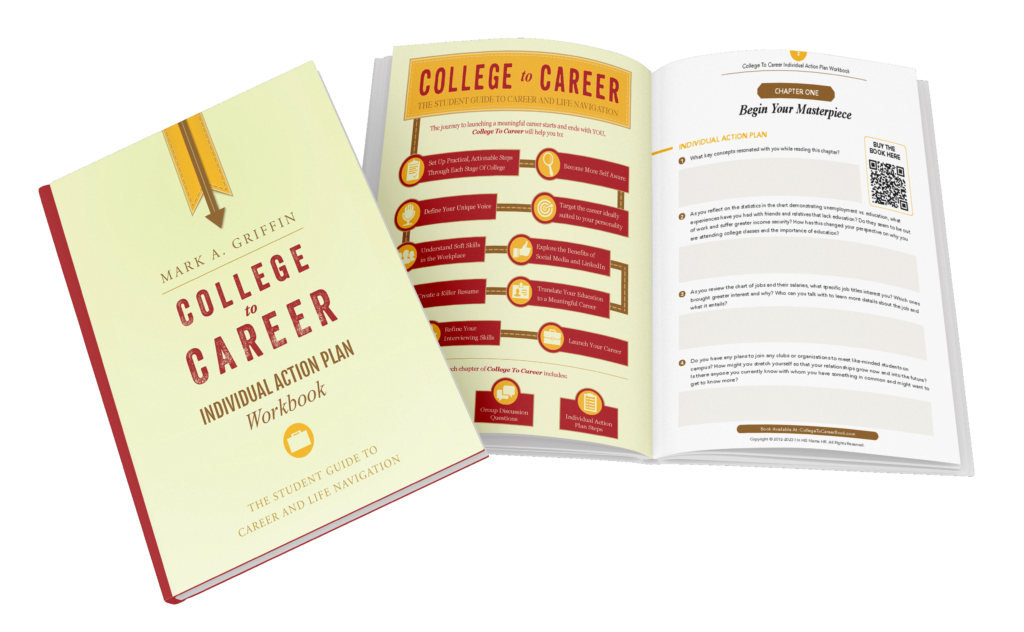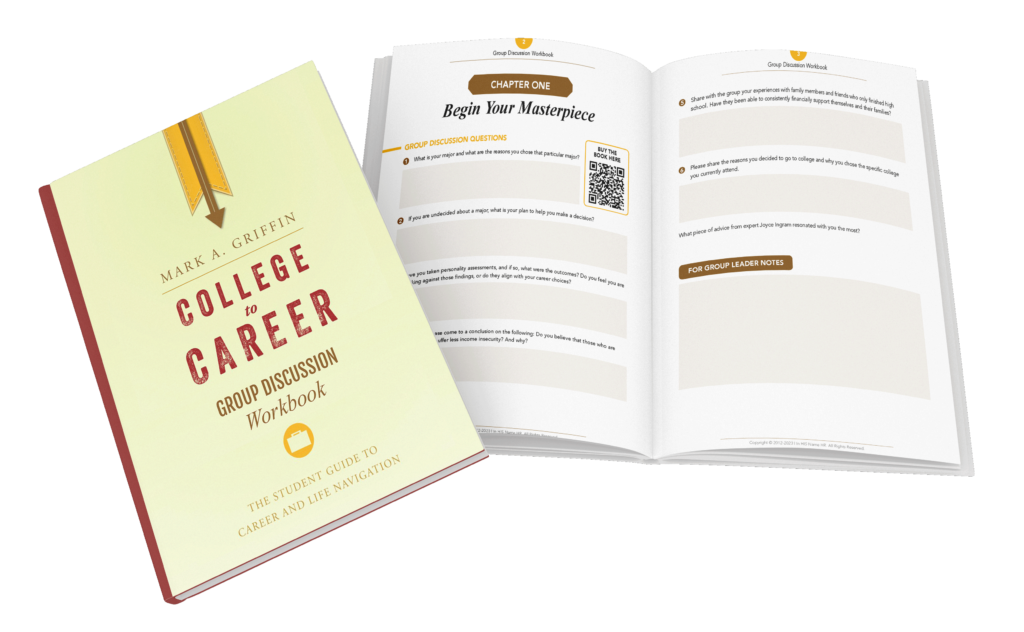Soft Skills: The New “It” Factor

Understanding Soft Skills in the Workplace
“Good manners will open doors that the best education cannot.” – Clarence Thomas
When Joey graduated with a business degree from a top-rated California university, he assumed his future was secure. He had a 4.3 GPA, scored high on every exam and wowed his professors with his written work. He was the first to raise his hand in class and always the last to leave. He spent ample time at the library, reading every book he could get his hands on. An eager student, he found himself even more eager to secure a high-paying job right out of college. But to his dismay, he had trouble landing an interview. Despite his stellar resume, the phone did not ring. Frustrated and discouraged, Joey spruced up his resume, hoping that might do the trick. At last, he landed a couple interviews. But upon talking with his potential employers, he felt out of his league. Their pointed questions blindsided him.
“Would you consider yourself a team player?”
“How well do you work under pressure? What would you do if a deadline arose and you were not fully prepared?”
“Are you generally flexible, able to adapt to any situation or curve ball thrown your way?”
Joey stumbled over the questions, doing the best he could. Sweat beaded on his forehead, and he felt his heart racing. He’d held a fast food job in high school but hadn’t set foot in the workplace since. He’d kept meaning to volunteer or get involved in extra-curricular clubs at school, but he’d been too busy holed up in the library studying. He’d assumed his outstanding GPA would make him a standout, but maybe he’d been wrong.
As it turns out, Joey is not alone. He is one of millions of college students who find themselves struggling to land jobs, or even an interview, after college graduation, despite their good grades. On paper, they look great, but the grades are not always enough. The missing factor in many cases?
Soft skills.
Many students may be unfamiliar with the term soft skills. Generally speaking, soft skills are often associated with one’s “EQ” or Emotional Intelligence Quotient. This includes the way people interact with others as human beings through their personality traits. These traits could include social graces, communication, language, personal habits, friendliness, management skills or leadership skills. Soft skills contrast to hard skills, which are generally easily quantifiable and measurable. Some hard skills could include software knowledge, technical skills or basic plumbing skills.
The idea of soft skills might seem like a fresh concept, but it is at least as old as ancient Greece. When Plato wrote about education in his work, The Republic, he contended that a universal curriculum requires a balance of education in physical education, the arts, math, science, character and moral judgment. He also backed the idea of learning outside the classroom, saying, “By maintaining a sound system of education and upbringing, you produce citizens of good character.”
Traditional institutions once dispensed this sort of training. However, families and religious institutions have weakened over time. Today, training in soft skills is more needed than ever. The need to develop healthy, socially appropriate and mature responses to workplace stress and interpersonal reactions has become increasingly evident to business owners, executives and human resources personnel in recent years. Yet according to a Gallup poll, while a whopping 92 percent of college educators feel their students are prepared for the workplace, only 11 percent of employers feel they actually are. And 42 percent of those employers believe soft skills make up the biggest skills gap.
If this all sounds like discouraging news to you, fear not. You probably have more soft skills under your belt than you realize. Those Little League games you coached? The babysitting or dog-walking job you picked up to earn some extra cash? None of it was in vain. The important thing is to recognize the soft skills you gained along the way and to highlight them on your resume and in your interview.
So just what sort of skills do managers desire? According to a recent Career Builder survey, here are the top ten:
Strong Work Ethic – Are you efficient with your time?
Dependable – Will you show up on time and do what you say you’ll do?
Positive Attitude – Will you complain or portray yourself as a victim, or will you make the best of things?
Self-Motivated—Can you problem solve on your own?
Team Oriented – Will you adopt a “my way or the highway” attitude or will you partner with others to be part of a productive team?
Organized – Will you plan your time well? Can you handle multiple challenging situations at once?
Works Well Under Pressure – Can you meet deadlines? Do you have a sense of urgency? Can you handle uncertainty, tension and stress?
An Effective Communicator – Are you clear with your information and directions?
Flexible – Can you adjust to new situations and change course when needed?
Confident – Do you trust yourself to make decisions, or do you hesitate?
A strong GPA and resume is great, but soft skills will really make you stand out from the rest!
To learn more, purchase your copy of College to Career today.
So let’s get started today!
Receive Blog Updates
|
|
Thank you for Signing Up |








